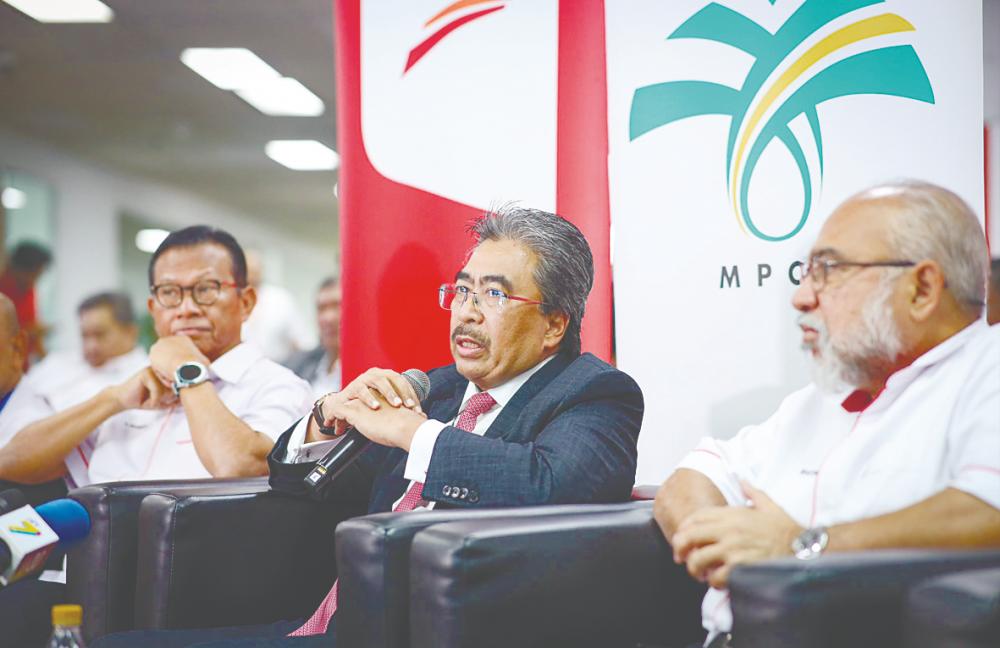KUALA LUMPUR: Malaysia backs the Indonesian government’s commitment to proceed with the B40 biodiesel mandate in 2025 despite its recent postponement.
Plantation and Commodities Minister Datuk Seri Johari Abdul Ghani said the initiative has supported the palm oil industry significantly, as domestic biodiesel consumption eases pressure on the global market.
“Indonesia produces approximately 48 million metric tons of palm oil annually, and nearly 25% is utilised for biodiesel production.
“Malaysia should be grateful for Indonesia’s substantial contribution to the global palm oil market,“ he told reporters at the signing of a memorandum of collaboration (MoC) between FGV Holdings Bhd and the Malaysian Palm Oil Board (MPOB) today.
He also highlighted the positive impact of Indonesia’s decision on global palm oil prices.
“Consider the implications if biodiesel were not utilised. 25% of Indonesia’s production would flood the global market, exerting downward pressure on prices. Indonesia is currently at the B40 biodiesel usage level, far ahead of Malaysia, which is still at B10,” he added.
Earlier reports indicated that the Indonesian government has yet to implement the higher biodiesel blend mandate, initially planned for Jan 1. The delay is due to industry participants awaiting technical details of the new regulations, causing uncertainty among palm oil traders.
Indonesia pledged to mandate a 40% palm oil-based fuel blend in biodiesel, known as B40, starting Jan 1, up from the existing 35% blend.
The collaboration between MPOB and FGV aims to drive transformation by empowering smallholders whose success is fundamental to the industry’s growth and stability. This will ensure full compliance with sustainability standards, secure a greener and more responsible future for palm oil production, and revolutionise the palm oil industry through the adoption of technologies that will enhance productivity and efficiency.
Johari said this initiative aligns with Malaysia’s goal of meeting the rising global demand for sustainable palm oil products, driven by regulations such as the European Union Deforestation Law.
“Malaysia currently exports 15 million metric tons of palm oil annually, with 1.5 million hectares of plantations managed by smallholders. Enhancing traceability is critical to ensuring continued market access and premium pricing for Malaysian palm oil,“ he noted.
FGV, which operates 66 palm oil mills and procures fruit from independent smallholders, will integrate intermodal traceability systems into the MPOB’s Intelligent Management System.
Johari said this collaboration will ensure that Malaysia’s palm oil supply chain meets stringent sustainability benchmarks, which is critical for accessing international markets.









